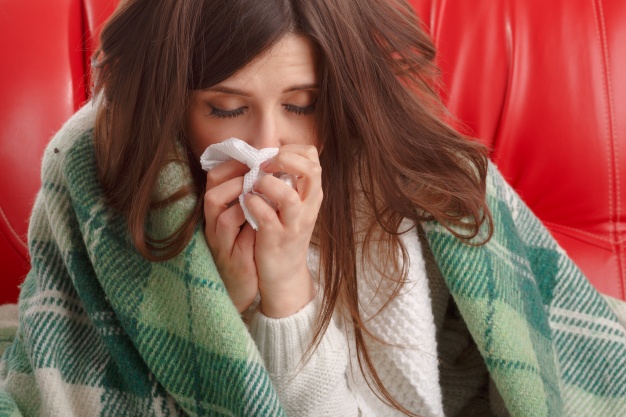
Cold and cough are integral to change in climate. With a receding monsoon and onset of the heat wave prior to winter setting in, comes the seasonal allergies of cold, cough, nasal congestion, watery eyes and other related ailments.
These are due to the body’s immunologic reaction to irritants in the air which peaks during spring time when the highest amount of pollens from trees, grasses or weeds are present in the environment. Other common allergens include dust and mold.
It is educative to understand why these ailments creep in. When an infection or allergy occurs, the blood vessels in your sinuses dilate and the tissues tend to swell up, which can lead to pain around the eyes, cheeks and forehead. Mucus production increases during an infection and can cause further discomfort. Small microscopic hairs in our nose called cilia help sweep bacteria and particles from our nose, but when dry air enters our nose, it can damage the cilia by drying them out.
Our reaction to these ailments is self-medication. But wait. Before resorting to medications, non-pharmacological strategies can be tried first such as taking warm showers or drinking hot fluids like tea and soup. Keeping the air moist will help prevent drying out the nose passage and prevent mucus buildup. Applying a warm compress to the face may also help alleviate congestion pain.
A variety of over-the-counter medications can provide targeted symptomatic relief.
However, the secret to avoiding a day spent in bed battling a fever and chills is not doubling down on cold medicine, but making sure your immune system is ready to fight off the sickness.